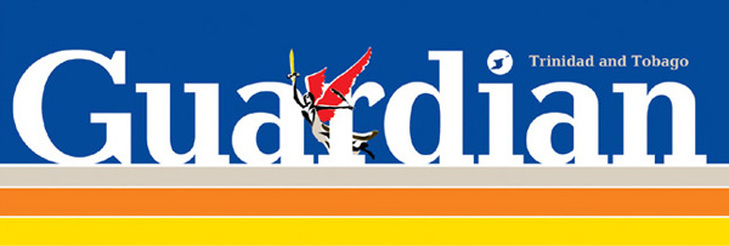The way day-to-day life functions around these cages and the infrastructure built for them might make any Martian anthropologist think our society was built around the movement and feeding of these mechanical cages rather than the humans inside them.
Anthropologists on earth have written much about the human relationship to the automobile. For some the car is the no.1 way many humans mediate their relationship with the world. Many examine the car as an integral part of cultural life and a tool through which things like class oppression, inequality, and identity can be understood.
For example, in Trinidad many persons find where people live, not by house number but by the car parked in front. And how many politicians do we scandalise for the cars they drive?
Some anthropologists describe cars as a “privatisation of space,” dividing people from one another. There may be some people having traffic-inducing conversations from car window to car window but most of us pass through public space in privatised pods that reinforce the separation between humans.
When we see cars as mechanical cages and human beings as animals trapped in them road rage becomes a lot more understandable too. Most animals trapped in cages either get depressed or freak out; humans as our Martian anthropologist might write down are no different in this behaviour.
While cars alienate us from each other by privatising public space, cars are also a prime means members of different classes can visualise the class system.
In Trinidad and Tobago we have a transport system based on wealth and political power. Ease of travel is decided by one’s position in this local social hierarchy.
Those at the very top like the PM and some very wealthy members of society can use helicopters and chauffeur drivers with police escorts. Others at the top of the political pyramid also get police escorts to part the seas of traffic, even if it’s on non-Government business. While those with money and or connections are social nobodies if they don’t have a PBR pass in their SUV.
At the other end of the scale a majority of road users have little choice in the roads they use and the traffic they face. Those without cars have maxi, taxi and bus networks with all the extra walking in between this entails – not always a bad thing – unless its scorching sun or hard rain, which is everyday. And let us not forget about bicycle riders or pedestrians, which the mechanical cage and its slave hunt for each day.
A nation’s transport system and how it works can reflect the even-handedness of a society. It is a cultural expression of social history. An equitable transport system where everyone no matter their wealth or social privilege can move freely and without delay to their destination is one way to tackle social and economic inequality. It would mean the powerful recognising everyone’s time is as valuable as their own.
Yes of course the car is part of our society and here to stay but what about making our society less dependent on them? The latest token pronouncement by the latest Transport Minister is we need a Bus Rapid Transit system.
While we should be thankful somebody is actually thinking about our traffic nightmare it’s disappointing to see such a failure of imagination. Successive Governments clearly choose not to understand what must be done.
Their counter claim is always the cost, and worries about corruption and bribery. Of course the cost is high but the question might be asked, who will be best served by a rapid rail or light rail transit system? The answer is simple: everyone, including most of the persons who do not have the rank or cash or political friends to get through traffic as fast as possible.
And when it comes to the corruption such large monies and infrastructure projects attract who is most likely to get the contracts and access to the funds? And why can they not behave?
When we ask why our transport system and infrastructure is a failure it is worth remembering who suffers the most from this lack of development. Seen in such a critical light our transport woes then become structural, a design feature keeping society unequal.
Some might call this class warfare by other means. Our Martian anthropologist might just describe it as another day in the world of mechanical cages.
http://www.guardian.co.tt/columnist/2014-08-17/martians-and-mechanical-cages

 RSS Feed
RSS Feed